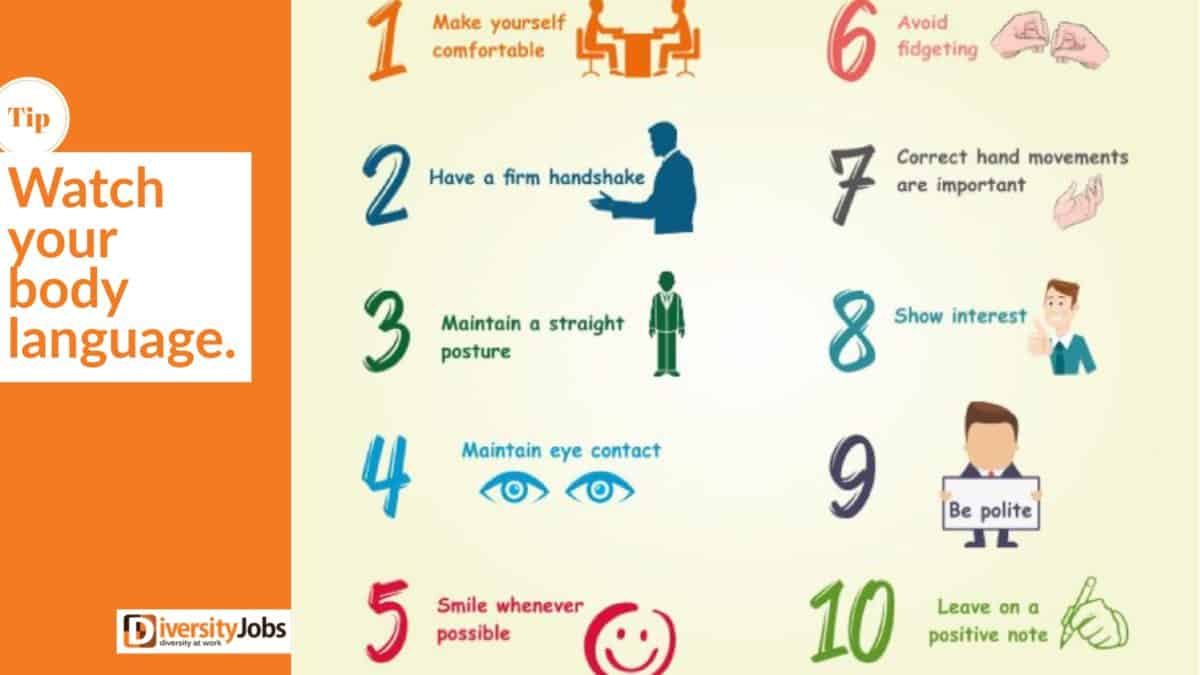This dedicated business development director shares how he worked his way up from a sales job by volunteering to demonstrate his business development skills for a whole year.
What is your job title? How many years of experience do you have in that field?
Director of Business Development for an online media company. I have been directing business development operations for 2 years, and was previously in business to business sales for 5 years.
Would you describe the things you do on a typical day?
I start my day checking emails and tackling any pressing issues. Then, I run reports on performance of my company’s web properties and report any issues with my tech team, check site traffic and search rankings, look at ways to increase performance of automated sales through our sites, and connect with clients and partners. Recently I’ve spent more time on SEO practices and other ways to boost site traffic through linking, partnerships, affiliate programs, and increasing sales along with that. My day sometimes has a couple conference calls here and there with management or client/partnerships negotiations, and that’s a typical day.
On a scale of 1 to 10 how would you rate your job satisfaction? What would it take to increase that rating?
8.5. The positives are I’m in an ever-evolving role in an exciting industry, I’m compensated well, my boss has fostered a strong sense of job security, and I find a great deal of satisfaction in working from a home office. The negative is that part of my comp package is based on sales commissions, and sales have been down of late.
What did you learn the hard way in this job and how did that happen?
I’ve had to do a great deal of learning on my own by asking questions, reading blogs, articles, and books on internet business, technology, web development, SEO strategies, etc. I use that sort of knowledge everyday, but had no formal education on anything related to this job. Even business courses in college didn’t touch online business and the internet – much less sales – so learning in my role has been trial by fire.
How did you get started in this line of work? If you could go back and do it differently, what would you change?
I got started in Business Development by working my way through the ranks of B2B sales. I was very successful in sales, and caught the attention of previous and current bosses because my ability to positively lead others, to quickly learn new concepts, and to take on additional business critical projects. I wouldn’t change the way I moved up, but I would certainly have benefited from more computer and tech-centric education along the way. One of my main struggles early on in business development was my disconnect between the business and tech sides to our company. I studied business in college, but I’ve had to learn a whole new language to succeed in communicating with the tech side.
What’s the strangest thing that ever happened to you in this job?
I was promoted during the worst stretch of the economic meltdown 2 years ago, while everyone else in the company had a pay cut. I feel very blessed, because I know that doesn’t happen often.
On a good day when things are going well, can you give an example of something that really makes you feel good?
I feel good when I see site traffic, sales, and interest from clients and partners all trending upward.
When nothing seems to go right, what kind of snafus do you handle and what do you dislike the most? The worst-case scenario is when we have a dramatic drop in site traffic, which leads to a chain reaction of not delivering positive results to clients and partners, lowered revenue streams, and growth projects are put on hold while fires are put out. It’s my job to communicate with clients and partners to report on progress with issues and to manage expectations; but some panic and decide to take their business elsewhere, at least in the short-term.
What I dislike the most is that there are many factors that can positively or negatively affect site traffic, and there are many unknowns, so expectations are difficult to manage at times.
How stressful is your job? Are you able to maintain a comfortable or healthy work-life balance? My job is stressful in that I have my hands in many projects and I have a lot of responsibility to make sure the company exceeds daily, monthly, and quarterly goals we set; but I have great sense of job security, and I manage daily tasks well to make sure I’m always on the right track.
Since I work from a home office, it was difficult early on to leave work “at the office”, and I found myself working late into the evening. But I have now developed a healthy balance where I am more efficient and come into the office early to complete what I need to in order to spend time with my family in the evening.
What’s a rough salary range for the position you hold? Are you paid enough considering your responsibilities? A rough salary range is probably $60k-$90k depending on market and number of people managed. I feel I’m well-paid for my responsibility and for the market in which I live.
What’s the most rewarding moment you’ve experienced in this position? Of all the things you’ve done at work, what are you most proud of?
I started with my current company in strictly a sales role, but I was looking for a different challenge and more responsibility. We didn’t have a Business Development role at that time, but I felt strongly about the benefit that the position could bring to our company, and that I had the experience and skill set for the position. I volunteered for almost a year to prove what I could do for the company if the business development role was created, and then I was formally promoted to the new role after a successful volunteer stint. It is very rewarding to win that sort of trust and approval from our CEO.
On more of a concrete note, I am proud to have increased cost-per-click sales on two of our websites by over 300% in seven months after taking over business development responsibilities.
What’s the most challenging moment you’ve experienced? What would you prefer to forget?
The learning curve was very sharp in my first several months on the job, and because of my lack of knowledge and experience with certain partner programs and on the tech side of our business, I made several mistakes that tied up our programming team and cost our company time and money. I’d prefer to have skipped that, but I did learn a great deal from the trial and error.
What education and skills do you need to get hired and succeed in this field?
There are probably a lot of degree paths one could take with bachelor’s degree being a requirement, but experience and skill-set is probably more important to an employer than level of education. A background in sales or marketing is likely preferred.
For this role, one would need an insatiable drive to succeed, the ability to multi-task effectively in stressful environments and under tight deadlines, communicate well with many different types of people and personalities, the ability to work well independently and with a group, critical thinking and creative problem-solving, excellent written and oral communication skills, the ability to sell products and ideas, high level of honesty and integrity, strong attention to detail, and sound knowledge of the internet, computer/web programming terminology, and SEO practices.
What would you tell a friend considering your line of work?
It’s an exciting environment, can be very rewarding personally and professionally, can be lucrative, and there is great opportunity to move up within a company.
How much vacation do you take? Is it enough?
I usually take 10 days or so throughout the year so that I have a week or so off in the summer, and a couple days here and there for holidays. Every couple years I need to take a longer vacation to get away for 2 weeks, but I don’t feel like I need more vacation time.
Are there any common misunderstandings you want to correct about what you do?
There is a very negative connotation in work-from-home positions, because there are a lot of scams where “Mom makes $20,000 a month – From Home!”. I think even early on my parents-in-law thought I held a sketchy job with a shady employer. My job is the same whether I work at the corporate headquarters or from my home office. It’s an old-fashioned idea that legitimate jobs are only located in urban areas and office buildings; the internet changed all that.
Does this job move your heart? If not, what does?
Yes, there are aspects of the job that move me and motivate me to jump out of bed in the morning, but I also enjoy that this job allows me the freedom to explore other passions in my free time – spending time with family, playing golf, hiking, photography, and taking on constructive projects to improve my home.
If you could write your own ticket, what would you like to be doing in five years?
I would like the business development projects I now work on to be so successful in 5 years that it would justify the expansion of new sales and marketing roles. At that time, I would like to be head of the business development department where I would teach the processes that I now use, and manage a successful team of professionals performing my current job.








